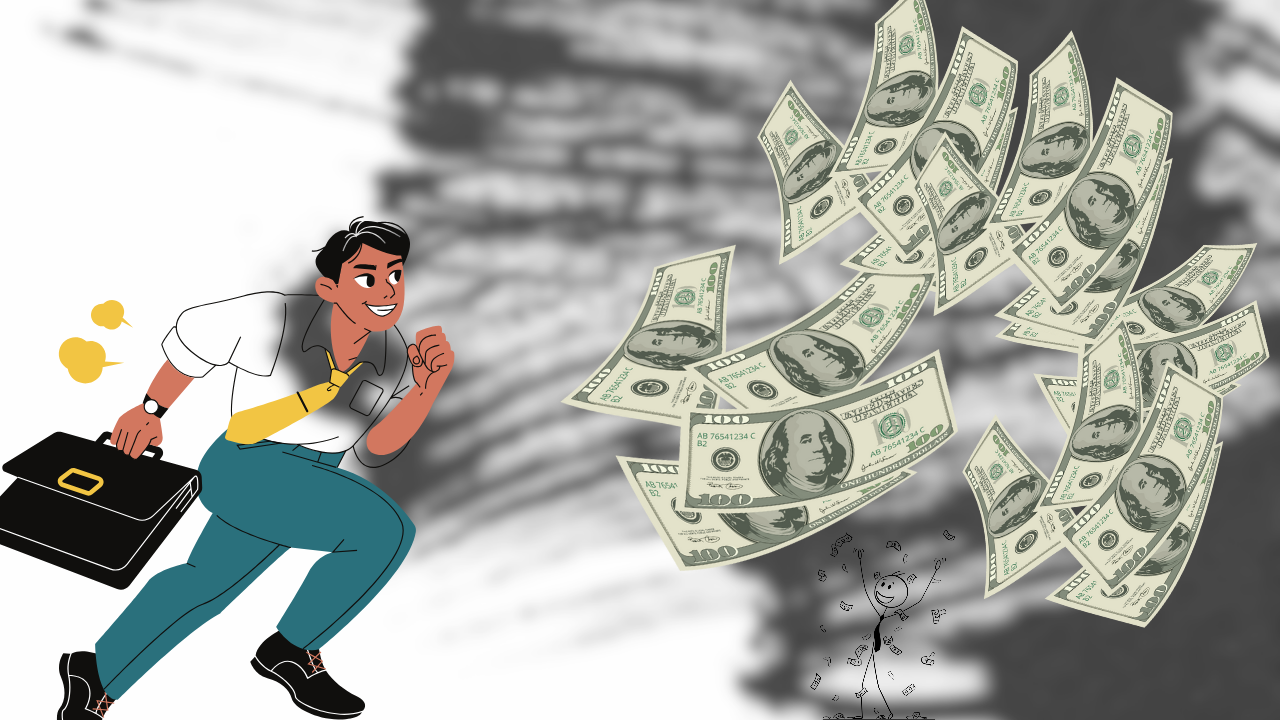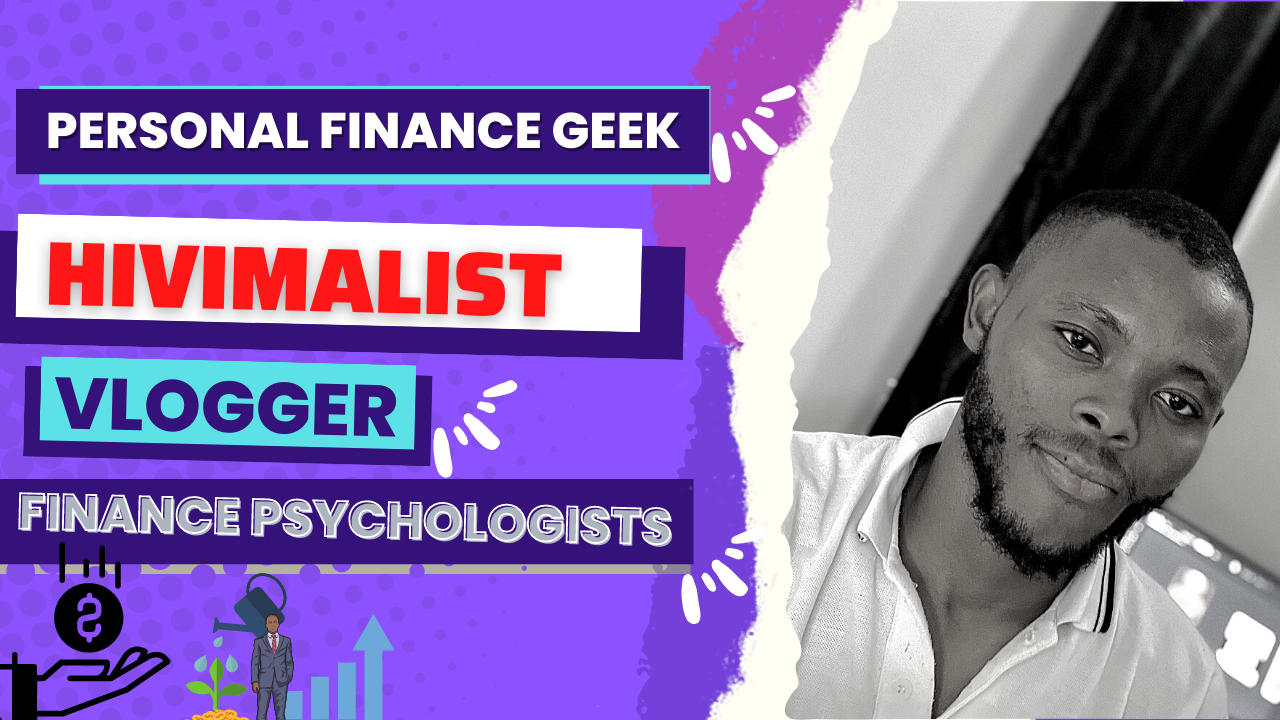I was scrolling through Facebook a few days ago when I noticed a specific video content. I knew it was the Facebook algorithm that had brought the video to my account, but I clicked anyway.
The video was quite funny, so I clicked on the creator's profile and continued to explore more video contents, which resulted in more laughter because the contents were completely funny, with no moments of no-jokes.
So what made this person's content memorable?
Creativity
They were performing a satirical mimic of a common issue in Nigeria, so it was enjoyable to watch such a person make humor out of an otherwise very terrible situation. So I followed this guy, because I wanted to see more of the same type of content from him.
Now, I decided to check out his very first video, and I noticed that he started out by copying a few other creators, which did not get him any views or attention. He tried a few more, but it still did not work, so he changed things up and decided to channel what he could do.
So the problem was that he initially thought that copying other popular creators' styles of content and uniqueness would help him grow quickly, but he remained stagnant for a long time until he tried out what he was truly capable of, and he exploded like wildfire.
We dislike copycatism
Apparently, no one wants a makeshift of another person.
People can distinguish between what is fake and what is authentic. No one wants to pay attention to something that looks like something they have seen before, no matter how good it looks, unless the copycat looks or appears to be better than the original, but 99% of the time, the copycat is never better than the original, so why?
It will mostly be perceived as a repetition or a failed attempt at creativity.
So this guy had to do some copycatting to see what worked. He already has something unique, but he may have felt the need for something that would help him scale more quickly.
Unfortunately, we cannot accelerate growth. True, there must be a period of trial and error, and during this time, we may want to be other people, talk like them, and copy their strategies because they have proven to be effective, but we cannot build identities based on other people's original concepts.
The "sucess" algorithm
Humans are algorithmical in nature; we mostly want to be creative when other things fail, but we started out just wanting to build something using existing data, information, and ideas. Nobody wants to build things that are likely to fail, so we mostly stick to what is likely to succeed because the algorithm is favorable.
This is a very popular thing on Hive.
I noticed a creator who used to post a variety of content, but has recently started posting only splinterlands content; why? They probably triggered the algorithm, and they began receiving massive upvotes from the splinterlands trail.
Now, this may not be what they truly know how to do, but as I previously stated, whenever and wherever the algorithm is triggered, we tend to backtrack a little, check what we have done correctly, compare it to what we have not done correctly, and then change our pattern of creativity based on our track record of successes.
Monotonous
I do not click or open this person's posts anymore; why? It is the same old review of rewards cards that come with Conclave Arcana sales, and I am not interested in the posts because they have become monotonous. However, for the author, it is a great outcome in terms of rewards, which is likely what is most important to them.
This is the two-edged nature of algorithms. On the one hand, you get to discover your most rewarding type of content because that is obviously what a group of people are interested in, and because this group of people has the ability to push you further, you are more or less compelled to create what they desire.
Motivation too, can be important
On the other hand, this type of growth may not occur naturally.
You may do well financially, but your growth is not natural, and you are not developing as a creator because you are simply pleasing the algorithm.
When this set of consumers grows tired, you will have to switch up again-for the rewards, because that is what inspired that type of content from the start.
However, being led by an algorithm is not necessarily a bad thing. The advantage is that we can achieve some short-term successes, which can serve as motivation to continue despite minor setbacks.
However, the only issue is that sometimes we are forced to please the algorithm, which stifles the true value or creativity we embody.
Interested in some more of my posts

